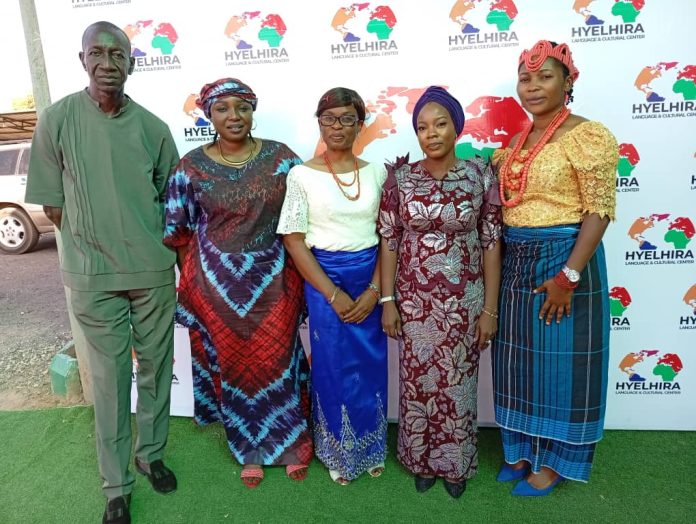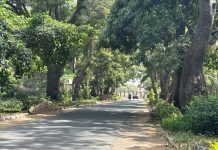By maryam Diallo
Recognizing a growing threat to Nigeria’s rich cultural and linguistic heritage, Grace Saleh, founder of the HYELHIRA Language and Cultural Centre, has launched an innovative language and cultural competition aimed at reawakening interest in local languages and traditions among schoolchildren.
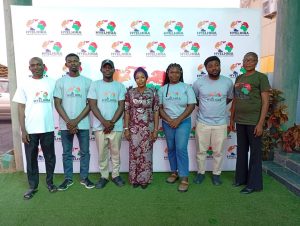
“Many schools in Nigeria focus heavily on foreign languages such as French and Arabic, while our own local languages are being neglected,” Saleh said. “Out of sixteen schools we interviewed, only two taught Nigerian languages. This is alarming. How can children appreciate their culture if they cannot even speak their native tongue?”
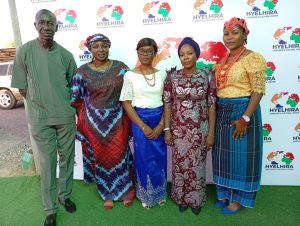
HYELHIRA, which promotes both foreign and local languages alongside cultural advocacy, seeks to reverse this trend by creating opportunities for students to engage with Nigeria’s diverse linguistic heritage. Saleh emphasized that understanding local languages is key to appreciating the country’s history, culture, and values.
“We are losing our roots,” she said. “Culture begins at home and is reinforced in schools. Without language, our children cannot access the richness of Nigerian culture or transform it into economic opportunities.”
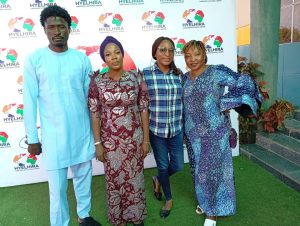
The initiative comes at a critical time, as the federal government has recently introduced Mandarin into the school curriculum. Saleh questioned why Nigerian languages are not similarly emphasized. “If we can teach foreign languages, why not make our own languages compulsory? This would deepen children’s appreciation of their country and history.”
The competition aims to foster curiosity and pride among young Nigerians, encouraging them to explore their cultural heritage and ask questions about their traditions. Saleh stressed that while it may not be feasible to teach all local languages in schools, priority could be given to major languages in each region.
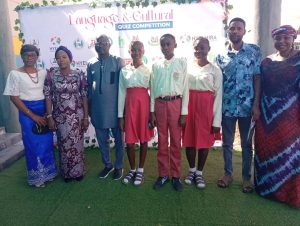
“The Yorubas, for instance, have successfully incorporated their language into teaching certain subjects,” she explained. “We believe other regions can do the same to promote unity and peace through cultural understanding.”
The recent competition recognized outstanding participants from several schools in Kaduna:
First Position: Heyik International School, Kakuri
Second Position: ECWA Goodnews Schools, High Cost Narayi
Third Position: Government Senior Secondary School, Kargi Tudun Wada
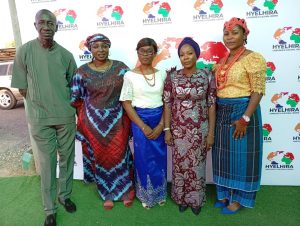
Saleh’s message to parents and educators was clear: preserving Nigeria’s languages and culture is a shared responsibility. “Many parents speak only English at home and invest heavily in foreign language education. Yet their children may not even know their own language. We cannot underestimate the power of our culture—it is a wealth waiting to be explored and shared.”
With initiatives like HYELHIRA’s language and cultural competition, Nigeria’s younger generation may soon reconnect with the linguistic and cultural roots that have long shaped the nation’s identity.
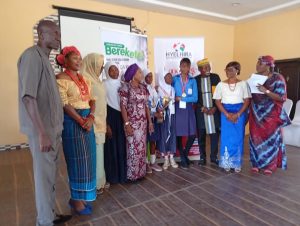
in conclusion, the Center gave scholarship to some students and teachers from the best performing school to study any language of their proficiency at Hyelhira Language and Cultural Center Kaduna.

